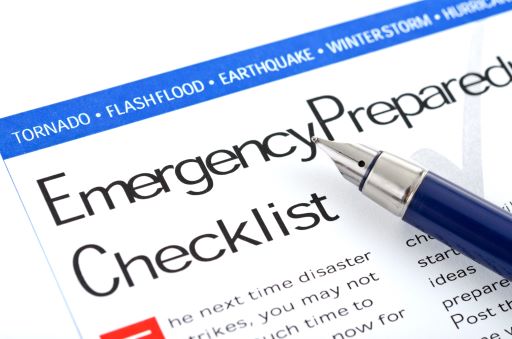
Natural disasters, ranging from hurricanes and earthquakes to wildfires and floods, have always posed a threat to human populations and infrastructure. Rising global temperatures have led to more intense heatwaves, melting glaciers, and sea-level rise, resulting in more frequent and severe storms and flooding. This has underscored the urgent need for comprehensive disaster preparedness strategies to mitigate the impact on lives, property, and communities.
Disaster preparedness encompasses a range of measures and strategies aimed at minimizing the impact of natural disasters. It involves pre-planning, resource allocation, public awareness campaigns, and infrastructure development. A recent article by the NACD (National Association of Chemical Distributors) gives insight into what companies are doing to be prepared in case of a natural disaster to help be better prepared to make sure they are not putting their workers at risk.
During a natural disaster, effective communication is crucial for ensuring the safety and well-being of employees, customers, and stakeholders, as well as maintaining the overall operations of a business. Overcommunication, in this context, refers to a proactive and frequent sharing of information to keep everyone informed and reassured. By prioritizing overcommunication during natural disasters, it is vital for maintaining safety, reducing, anxiety, fostering trust, managing reputation, and demonstrating social responsibility.
What can you do to prepare for a natural disaster? Here are some steps you can take to mitigate your risks in the face of a disaster:
1.) Have a plan. It’s essential to have a business continuity plan in place which will count for ways to keep your business operational through the loss of facilities, equipment, and inability of staff to travel to the office.
2.) Join a local disaster preparedness’ organization. These networks can provide you with resources and information which can be useful to your company when planning for disasters.
3.) Monitor potential risks. Staying informed is a good way not to be surprised when disaster heads your way. It will enable you to act quickly and communicate what needs to be done to minimize damage to your business.
By doing these things, it can help to ensure the safety of both the companies’ operations and its people. For more information on natural disasters and how to prepare, make sure to check out NACD’s natural disaster resource center.
